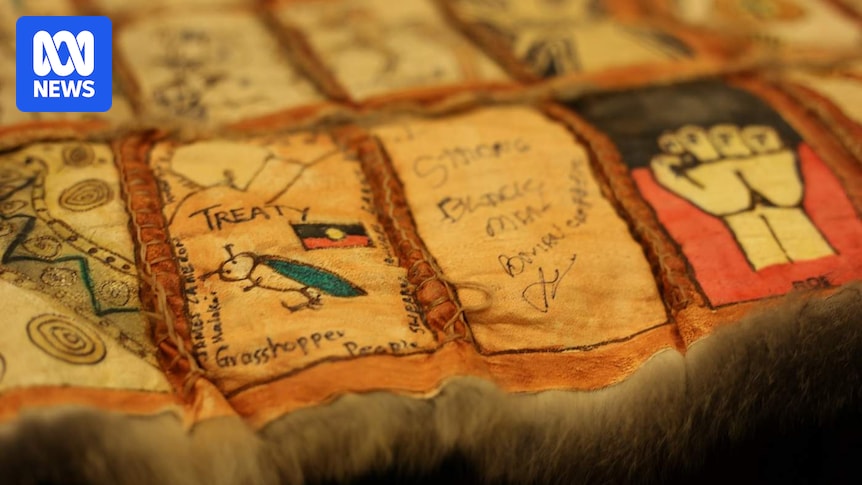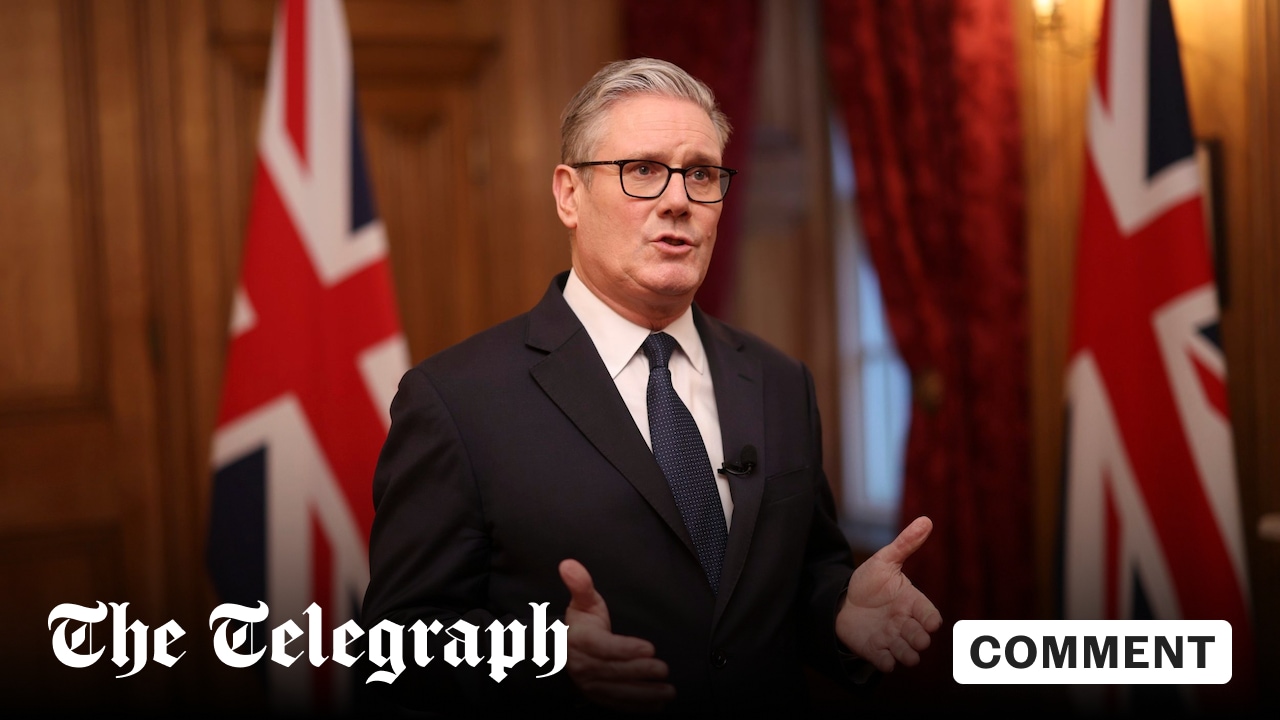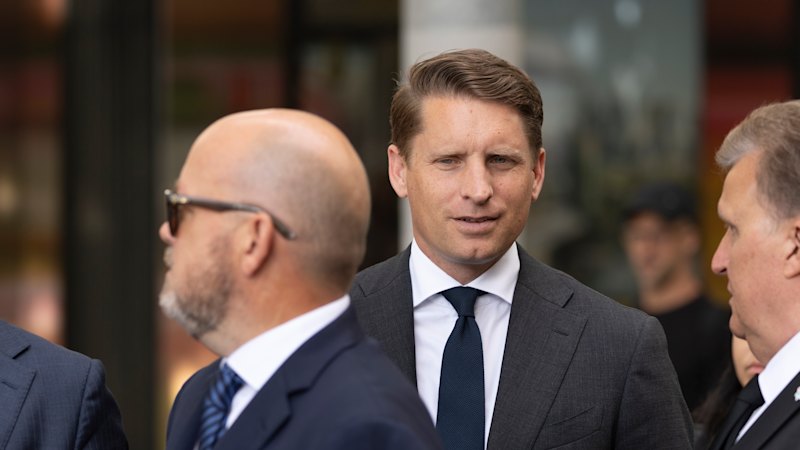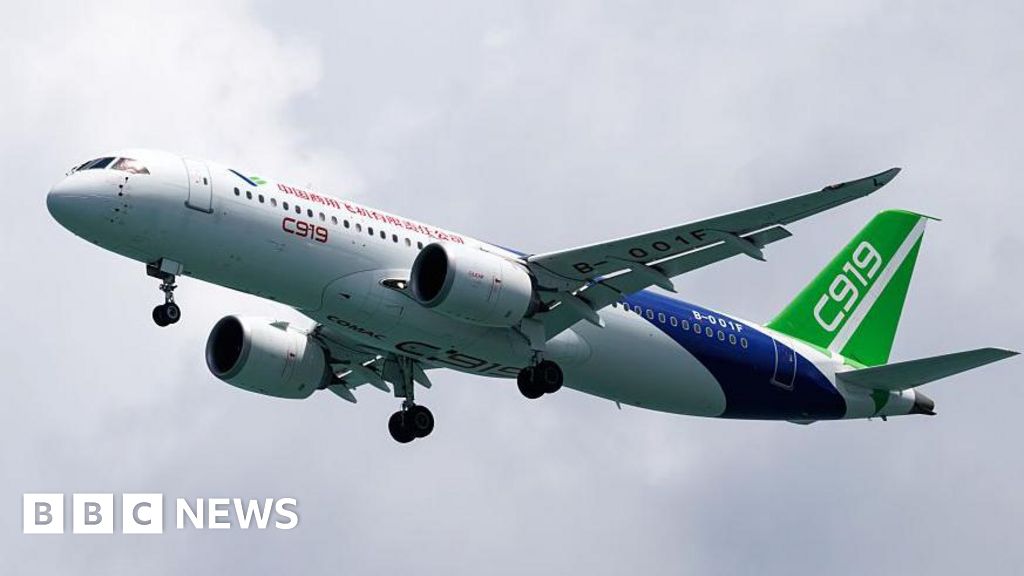
Australia has taken a significant step in its reconciliation journey with the signing of its first treaty with Aboriginal people, formalized as law in Victoria. This groundbreaking agreement marks the country’s inaugural modern treaty with Indigenous owners, a move hailed as “historic” by the United Nations human rights chief.
While countries like New Zealand and Canada have long established treaties with Indigenous groups, Australia has stood as an exception. The absence of such treaties has been an enduring reminder of the denial of First Peoples’ rights throughout Australia’s colonial history.
Victoria’s Treaty Becomes Law
The journey to this treaty has been arduous, characterized by numerous promises and generations of advocacy by First Peoples. Today, the binding agreement was signed by the co-chairs of Victoria’s elected First Peoples Assembly, the Victorian premier, and the minister for treaty. This follows the passage of the underpinning legislation in parliament last month, which was signed into law by Victoria’s governor at a ceremony held at Victoria’s government house, located on Wurundjeri and Bunurong country in Melbourne.
Governor Margaret Gardner described the moment as “historic,” emphasizing its significance for Victoria and Australia. “The first statewide treaty for Victoria, the first in Australia, and the first for First Peoples’ in Victoria,” she announced to applause.
Co-chair of Victoria’s First Peoples’ Assembly, Ngarra Murray, expressed the treaty’s importance as a “promise” to heal old wounds and build new relationships based on truth, justice, and mutual respect. Premier Jacinta Allan echoed this sentiment, calling the signing a “new chapter” in Victoria’s history that unites the oldest continuing cultures on earth with modern state institutions.
Implications and Commitments
The treaty represents nearly a decade of design, consultation, and negotiation, pledging to “reset” the relationship between First Peoples and the government of Victoria. It acknowledges past wrongs and establishes commitments backed by state funding to improve outcomes for Aboriginal Victorians. This includes the creation of an ongoing Aboriginal authority controlled by elected Aboriginal Victorians and new accountability and truth-telling initiatives set for next year.
The 34-page treaty document outlines the enduring connection of Aboriginal people to the land now known as Victoria. It challenges the colonial narrative of “land belonging to no one” and acknowledges the devastating impact of colonization, as documented by Victoria’s Aboriginal truth-telling inquiry, the Yoorrook Justice Commission.
“Within two decades of colonization, the [Victorian] population of First Peoples had reduced by nearly 90 per cent,” the treaty reads.
The agreement details the state’s responsibility to address the ongoing impacts of this history and build a fairer future for all. “It is a rare thing for a government to admit it was wrong — rarer still to commit, in plain words and enduring actions, to making it right,” the document states.
Looking Forward
First Peoples’ Assembly co-chair Rueben Berg emphasized the importance of implementing the treaty effectively. “What we’ve achieved is a really powerful re-setting of the relationship between First Peoples and the government, and we have to make sure we put that in place in the strongest way possible,” he told ABC News.
The treaty’s signing has been welcomed by the United Nations Human Rights Chief Volker Türk, who described it as a “very significant moment for all Australians” and a major step toward justice and equality. He expressed hope that this would inspire other leaders in Australia and beyond to adopt similar measures.
Under Victoria’s treaty-making framework, there are opportunities for further treaties, including with specific traditional owner groups. However, the treaty’s future is uncertain, with the state Liberal opposition pledging to scrap the deal if it wins next year’s state election.
Controversially, the treaty was signed shortly after the government announced a new policy for children as young as 14 to face adult jail time for certain violent crimes. Victorian Aboriginal Legal Service CEO Nerita Waight criticized the proposal as “cruel” and at odds with the treaty’s sentiment.
A public event to celebrate the signing of Victoria’s first treaty will be held in December, marking a new era in the relationship between the state and its First Peoples.





